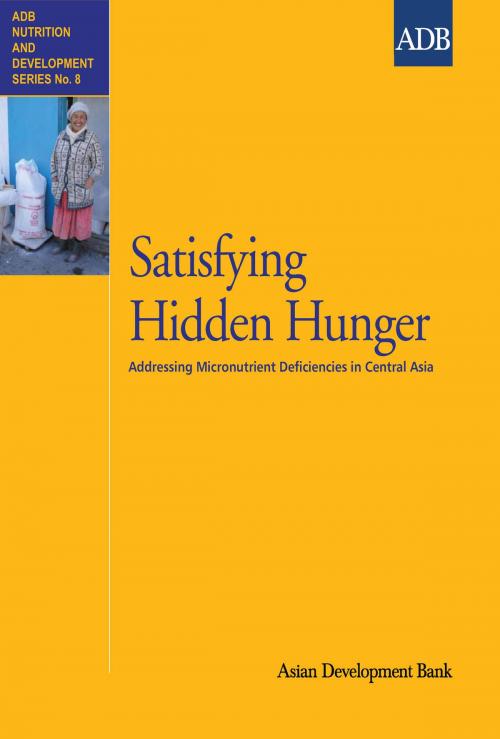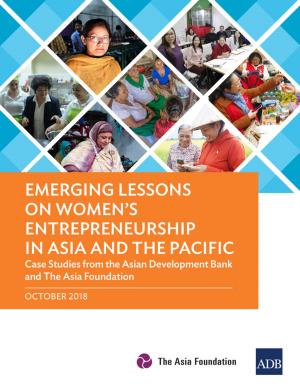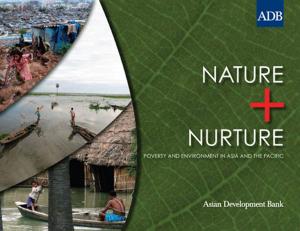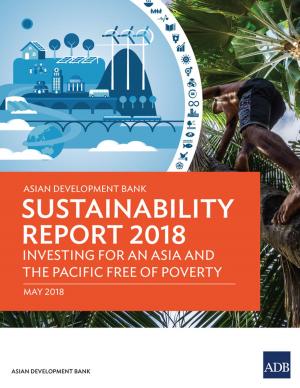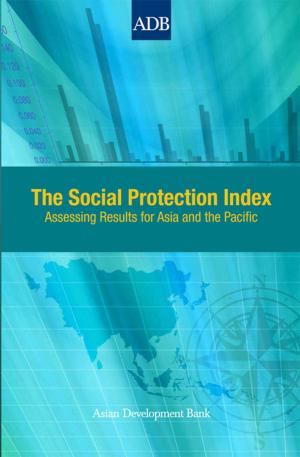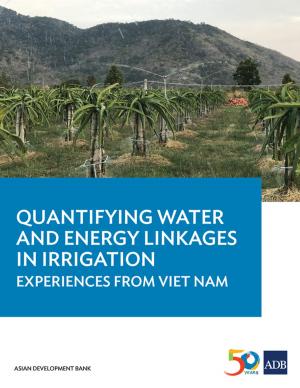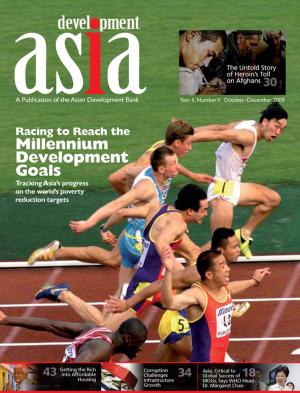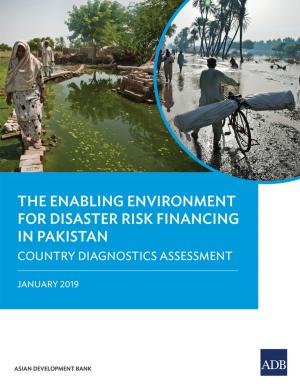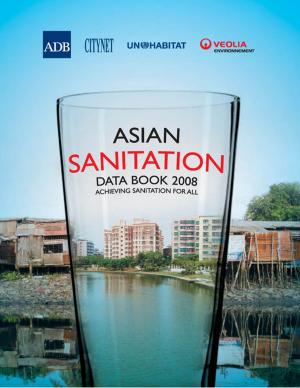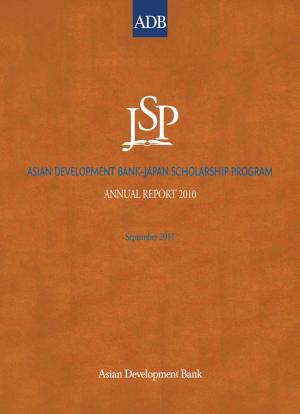| Author: | Asian Development Bank | ISBN: | 9789290920076 |
| Publisher: | Asian Development Bank | Publication: | June 1, 2010 |
| Imprint: | Asian Development Bank | Language: | English |
| Author: | Asian Development Bank |
| ISBN: | 9789290920076 |
| Publisher: | Asian Development Bank |
| Publication: | June 1, 2010 |
| Imprint: | Asian Development Bank |
| Language: | English |
Disease caused by major micronutrient deficiencies posed a growing and urgent problem for the newly emerging countries of Central Asia in the 1990s. The Asian Development Bank responded with a regional food fortification initiative—the first major initiative using public–private partnerships to address public health problems in the region. This report details how the initiative helped the participating countries move toward universal salt iodization and establish sustainable wheat flour fortification, and how the intitiative successfully addressed three unknown development issues in mainly newly emerging market economies: the use of public–private partnerships; collaboration between the government and industry; and the formation of industry associations.
Disease caused by major micronutrient deficiencies posed a growing and urgent problem for the newly emerging countries of Central Asia in the 1990s. The Asian Development Bank responded with a regional food fortification initiative—the first major initiative using public–private partnerships to address public health problems in the region. This report details how the initiative helped the participating countries move toward universal salt iodization and establish sustainable wheat flour fortification, and how the intitiative successfully addressed three unknown development issues in mainly newly emerging market economies: the use of public–private partnerships; collaboration between the government and industry; and the formation of industry associations.
